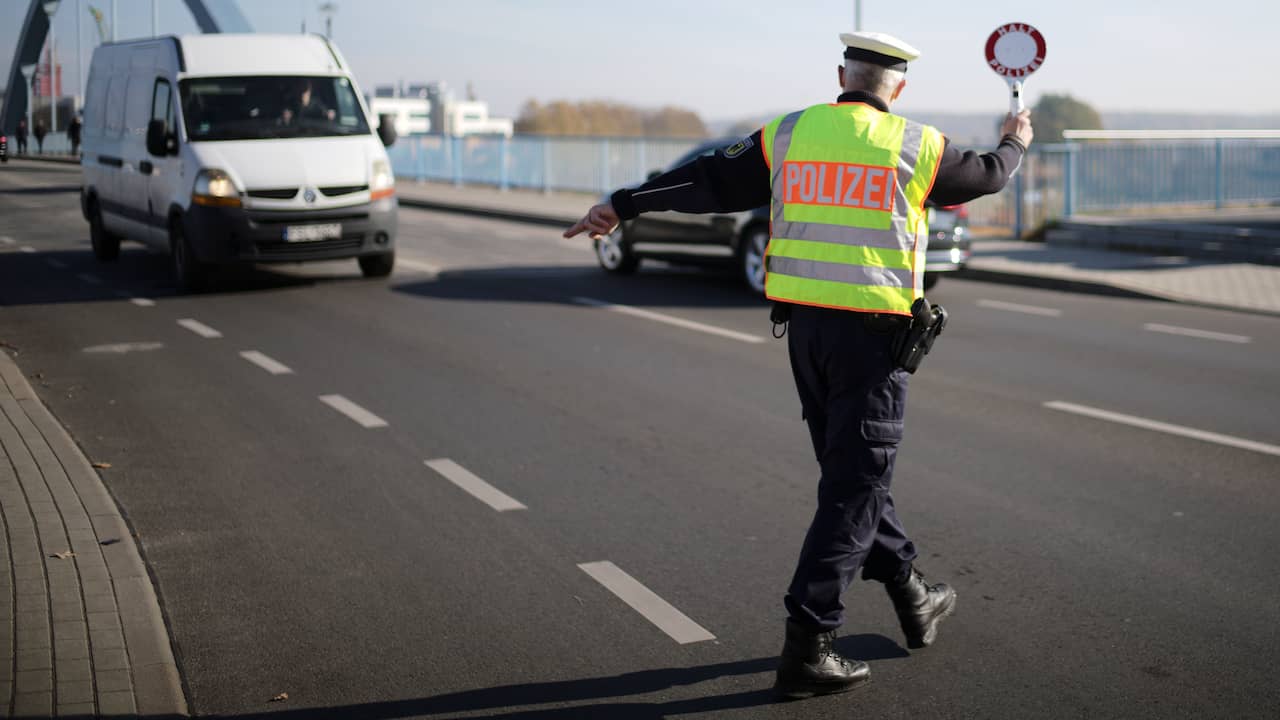
Germany, the Czech Republic and Poland tighten border controls to combat illegal immigration outside
Germany, like the Czech Republic and Poland, will impose stricter border controls against illegal immigration. These countries are doing this because of the rapid rise in immigration numbers. But the timing is also striking: elections are on the agenda in Germany and Poland.
Germany announced the decision on Wednesday. Interior Minister Nancy Viser says more must be done to protect “the fragile system of open borders within the EU.” In Germany, the number of asylum applications increased by 78 percent in the first seven months compared to last year. The number of illegal border crossings has also increased significantly.
New measures should particularly prevent the latter. Germany says it will implement more random border checks in cooperation with the Czech Republic and Poland.
In principle, there are no fixed border controls in the Schengen Area, which includes a large part of the EU countries. The controls are therefore flexible and specifically aimed at combating human smuggling.
Fizer did not want to go into many details about the procedures. This way you want to prevent people smugglers from knowing what to expect.
Especially more checks on the border with Slovakia
The Czech Republic and Poland also announced earlier this week that they would tighten controls. The Czech Republic will focus on more random checks on the border with Slovakia and highways leading to Germany. Poland will also increase checks on the border with Slovakia.
The fact that countries are mainly focusing on border checks with Slovakia is due to high immigration numbers there. The number of asylum applications this year is nine times what it was in the same period last year. European countries also fear that the large number of migrants in Italy will cause an even greater increase in other European countries.
Immigration is an important issue in the German and Polish elections
Elections begin in October in Germany and Poland. Poland will then go to the polls to hold national elections. The current ruling party, the nationalist Law and Justice Party, puts the immigration issue at the top of its agenda.
In Germany, these elections take place in the federal states, where immigration is also one of the most important topics. For example, the conservative prime minister of Bavaria, one of the states where elections will be held first, called for a cap on the number of immigrants. Visser didn’t want to keep up with him at the time. The Prime Minister himself is also participating in the elections and is one of the leading candidates in the state of Hesse.

“Pop culture enthusiast. Unable to type with boxing gloves on. Analyst. Student. Explorer.”
